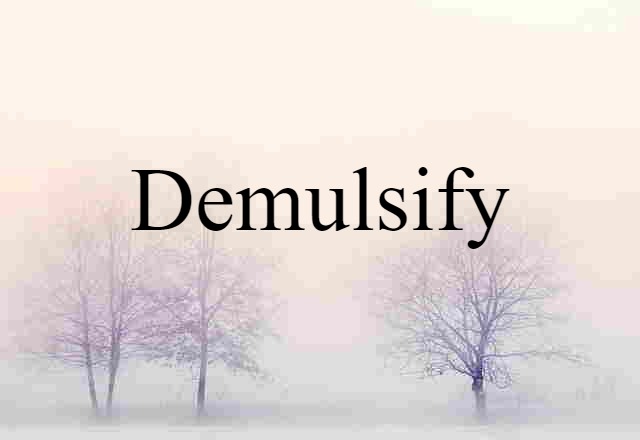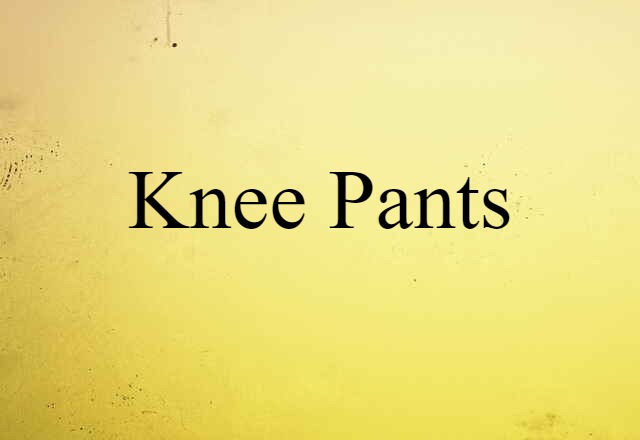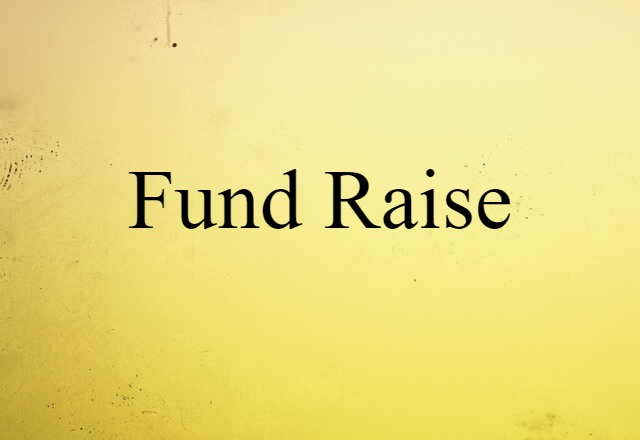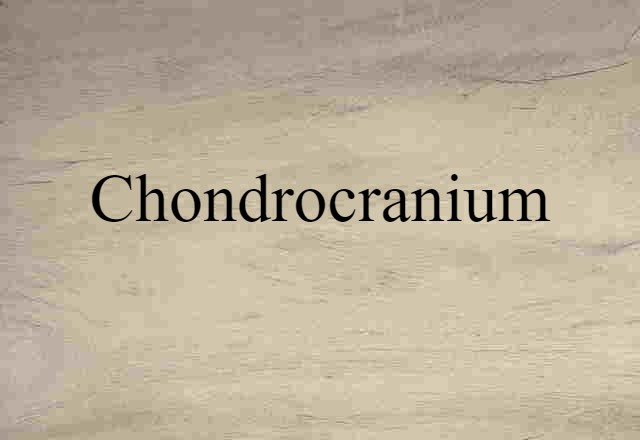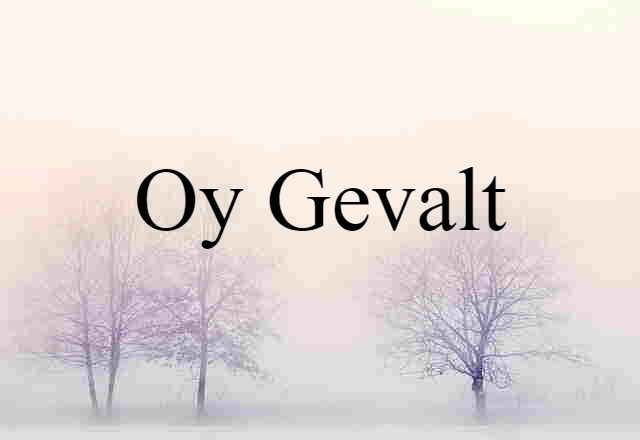- a small, makeshift or crude shelter or habitation, as of boughs, poles, skins, earth, or rough boards; cabin or hut.
- a house used as a temporary residence, as in the hunting season.
- a summer cottage.
- a house or cottage, as in a park or on an estate, occupied by a gatekeeper, caretaker, gardener, or other employee.
- a resort hotel, motel, or inn.
- the main building of a camp, resort hotel, or the like.
- the meeting place of a branch of certain fraternal organizations.
- the members composing the branch: The lodge is planning a picnic.
- any of various North American Indian dwellings, as a teepee or long house.
- the Indians who live in such a dwelling or a family or unit of North American Indians.
- the home of a college head at Cambridge University, England.
- the den of an animal or group of animals, especially beavers.
- to have a habitation or quarters, especially temporarily, as in a hotel, motel, or inn: We lodged in a guest house.
- to live in rented quarters in another's house: He lodged with a local family during his college days.
- to be fixed, implanted, or caught in a place or position; come to rest; stick: The bullet lodged in his leg.
- to furnish with a habitation or quarters, especially temporarily; accommodate: Can you lodge us for the night?
- to furnish with a room or rooms in one's house for payment; have as a lodger: a boardinghouse that lodges oil workers.
- to serve as a residence, shelter, or dwelling for; shelter: The château will lodge the ambassador during his stay.
- to put, store, or deposit, as in a place, for storage or keeping; stow: to lodge one's valuables in a hotel safe.
- to bring or send into a particular place or position.
- to house or contain: The spinal canal lodges and protects the spinal cord.
- to vest (power, authority, etc.).
- to put or bring (information, a complaint, etc.) before a court or other authority.
- to beat down or lay flat, as vegetation in a storm: A sudden hail had lodged the crops.
- to track (a deer) to its lair.
- U.S. public servant and author: senator 1893–1924.
- U.S. journalist, statesman, and diplomat.
- English physicist and writer.
- English poet and dramatist.
- a small house at the entrance to the grounds of a country mansion, usually occupied by a gatekeeper or gardener
- a house or cabin used occasionally, as for some seasonal activity
- a central building in a resort, camp, or park
- a large house or hotel
- a room for the use of porters in a university, college, etc
- a local branch or chapter of certain societies
- the building used as the meeting place of such a society
- the dwelling place of certain animals, esp the dome-shaped den constructed by beavers
- a hut or tent of certain North American Indian peoples
- (at Cambridge University) the residence of the head of a college
- to provide or be provided with accommodation or shelter, esp rented accommodation
- to live temporarily, esp in rented accommodation
- to implant, embed, or fix or be implanted, embedded, or fixed
- to deposit or leave for safety, storage, etc
- to bring (a charge or accusation) against someone
- to place (authority, power, etc) in the control (of someone)
- to exist or be present (in)
- (of wind, rain, etc) to beat down (crops)
- David (John). born 1935, British novelist and critic. His books include Changing Places (1975), Small World (1984), Nice Work (1988), Therapy (1995), and Thinks... (2001)
- Sir Oliver (Joseph). 1851–1940, British physicist, who made important contributions to electromagnetism, radio reception, and attempted to detect the ether. He also studied allegedly psychic phenomena
- Thomas. ?1558–1625, English writer. His romance Rosalynde (1590) supplied the plot for Shakespeare's As You Like It
- the official Canberra residence of the Australian Prime Minister


